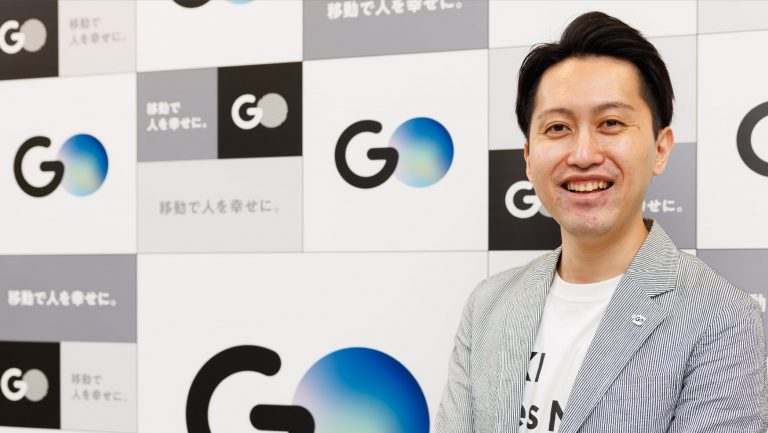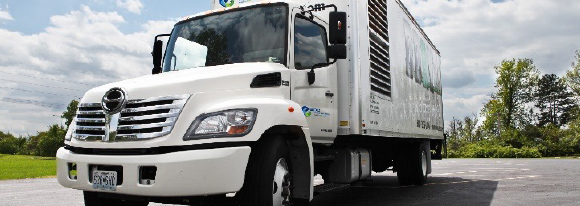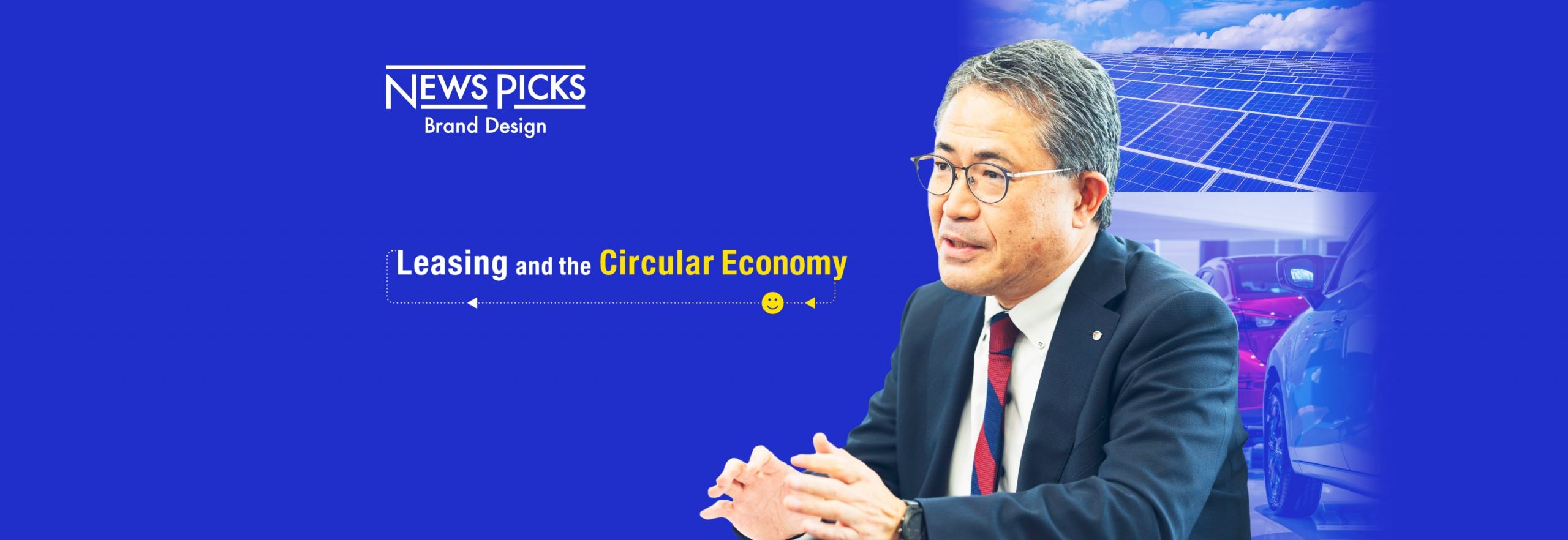
There is a fundamental value shift happening in the world today. With the spread of IT-aided sharing and subscription services, people now increasingly prefer experiencing things without owning them. Far from being a revolutionary concept, the business of lending things to others has been around for a while, and leasing has been at the heart of this. While the term “leasing” may conjure up images of computers or company cars, it is actually a much broader business which can deal in almost any product, including things like ships and aircrafts. Leasing has been attracting attention as of late in the context of sustainable development goals (SDGs) and the circular economy. Why? Simply because leasing does away with the need to purchase and own things, helping them to be shared and reused.
To find out more about the still relatively unknown business of leasing and how it connects with the circular economy, we sat down with Koichiro Sato, Managing Executive Officer of Tokyo Century Corporation.
▼ INDEX
Reevaluating Leasing: From Possession to Experience
──What is the leasing business?
Leasing is a system that helps companies borrow the equipment they need to use for a long period of time, rather than purchase the equipment outright.
Leasing companies offer a variety of different equipment and goods, such as industrial machinery, commercial vehicles, computers and other IT equipment, and office supplies. Actually, you can even lease satellites, aircraft, and livestock.

Koichiro Sato
Managing Executive Officer, Tokyo Century Corporation
Koichiro Sato joined Century Leasing System, Inc. in April 1984, and went on to serve as General Manager of both the Hiroshima Branch in the Equipment Leasing segment and the Structured Finance Division of what is now the company’s Specialty Financing segment. From June 2016, he served as Managing Executive Officer and General Manager of the Corporate Planning Department at Nippon Car Solutions, which operates under the company’s Mobility & Fleet Management segment of Tokyo Century. In April 2020, he assumed the position of Managing Executive Officer and General Manager of the Equipment Leasing Business Development Unit at Tokyo Century Corporation.
──Wait, even satellites?
Pretty much anything nowadays can be leased-even satellites-but some things are not suitable for leasing.
Let’s take IT equipment, for example. It can be risky for a company to buy it all at once because of how fast technology is evolving-all this equipment that they just paid full price for can become obsolete very quickly. This is why leasing may be a good option here.
Leasing is also a popular option among factories that are thinking about investing into new production lines: they are looking to use this new production machinery on a medium- to long-term basis, so leasing would actually be cheaper than renting in this scenario.
In contrast, renting or sharing might work better than leasing when it comes to things that are less likely to become obsolete in the face of evolving trends, or things that are mainly used on a short-term or spot use basis.
──You mentioned leasing, renting, and sharing. What’s the difference between them?
Compared to leasing, renting mainly caters to short-term needs and offers more leeway, as users can cancel the service before the actual end of the contract. Things that are used for relatively short, fixed periods of time, such as vehicles and heavy equipment for construction sites, are often rented.
Sharing is for even shorter periods of time than renting and is mainly aimed at individual consumers, rather than, say, companies. One of the most common forms of sharing today is car sharing, which allows people to use a car for as little as 15 minutes.
Simply put, renting and sharing are generally for the short-term, while leasing is generally for the medium- to long-term. Companies use leasing services to help them operate in a more economically sustainable way.

──It seems like sharing and subscription markets are currently booming. What about leasing?
After the financial crisis in 2008, demand for leasing did stagnate for a while, but it has been fairly solid more recently.
The way I see it, this is partly due to the gradual shift we have seen in recent years, from ownership to use.
In a business context, this means that the priorities are shifting away from owning equipment as a goal and towards the use of that equipment to create new value. In other words, having your own equipment and tools is no longer that important in and of itself. This shift in values is likely one of the reasons why demand for leasing is as strong as it is.
Leasing: A Circular Business Model
──Why would someone specifically choose to lease something rather than purchase it? What are the advantages?
Well, there are a number of advantages here: lower costs and easier accounting first come to mind. Also, companies don’t need to worry about the disposal of equipment at the end of its useful life-it’s all handled by the leasing company. This, in particular, is something that has prompted a revived interest in recent years.
As the owner, a leasing company is obligated to properly dispose of and recycle equipment in line with environmental laws and regulations. With the rise of the concepts of circular economy and SDGs, there is an increasing amount of interest in leasing as it offers an effective way for companies to reduce their impact on the environment.
At Tokyo Century, we preempted this shift in social values relatively early on, and a core aspect of the management philosophy we adopted in 2016 is contributing to the creation of an environmentally sound and sustainable economy and society.

──Some might find it a little surprising that a leasing company would talk about the circular economy.
That’s probably true. I don’t think many people associate leasing companies with the circular economy just yet.
But the leasing industry has always run on a business model that embodies the 3Rs (reduce, reuse, and recycle).
Leasing companies are responsible for managing the entire lifecycle of goods, from when they are first used, through to their reuse and ultimate disposal. Even before terms like “SDGs” and “circular economy” came into widespread use, the leasing industry already understood very well the importance of this cycle.
We adopted this management philosophy in 2016 because we believe that the transition to a circular economy is a critical step for our society as a whole. As a business, we also think that our role could grow even further.
──Are there any specific actions that you are taking to embody this management philosophy?
Our first priority as a leasing company is to enhance the systems we have in place for the recycling and disposal of goods.
As the world becomes more environmentally conscious, companies are under increasing pressure to dispose of their goods in a legal and appropriate manner. In other words, the burden of responsibility attached to owning things is becoming greater and greater.
The recycling and disposal needs of our customers continue to rise, and as a leasing company we must focus more than ever on ensuring that these needs are met.
Environmental Awareness Is Key to Business Success
──We are starting to see how in the US and Europe, companies that don’t comply with global standards are being shunned by investors and workers, and struggle with attracting capital and hiring as a result. Do you think we are at a point where companies can no longer afford to ignore environmental initiatives, not just from the perspective of social responsibility, but also from the perspective of operating their business?
I believe so. Multinational companies operating in Japan today already expect us to comply with global standards when it comes to the disposal of goods.
They can be very blunt about it-"If you don’t do it this way, we can’t do business with you”. I think that Japanese companies will ultimately move in this same direction.
──What specific measures are you taking to further enhance your disposal and recycling capabilities?
We are currently working on strengthening our refurbishing* functions for computers and other IT assets.
(*) Repairing, reconditioning, and reshipping of electrical appliances, information equipment, or used products that have been returned due to initial defects or other reasons.
We established TRY Corporation in 2017 and now refurbish more than 200,000 IT devices every year.
We already have one of the highest processing capacity in Japan, and we hope to raise it to global level in the future.

We erase data from information equipment using three methods: software erasure, physical destruction, and magnetic degaussing.
We not only erase the data on and resell IT equipments and servers that have been returned to us after their lease terms expire, but are also creating a system to separate out the plastics, metals, and rare metals contained in discarded hardware so that they can be recycled.
I believe that we can only talk about a circular economy if we achieve this level of lifecycle management for IT assets.
──Do you see refurbishing as a viable business opportunity?
Absolutely. We don’t view refurbishing simply as a cost center at Tokyo Century.
IT asset disposition (ITAD) services, for example, have already become a solid business in Europe and the US. What they do is to dispose of IT hardware in ways that comply with standards on information management, environmental protection and other regulatory requirements.

In Japan, we still need to raise environmental awareness to the point where business opportunities can emerge. We as a company want to take the initiative and play our part in making this happen.
I believe that acknowledging and aggressively meeting the full responsibility that comes with owning things will become our greatest strength as a company.
A Strong Customer Base Fosters Opportunity
──Aside from refurbishing, are you taking any other steps to drive the growth of the circular economy?
Actually, Tokyo Century has also been focusing on projects related to the environment and energy for almost a decade now.
In 2016, we officially removed the word “Leasing” from our company name and began to develop businesses and services in new markets, while still maintaining our core financial services.
We’ve since established a number of joint ventures with our partners, which we hope to further expand and turn into key business drivers in the future.
This is just my own personal opinion, but I believe that Tokyo Century’s role in the circular economy is to serve as a “value-add partner”: a company you can trust completely when it comes anything having to do with the circular economy. That’s why we are currently focusing so much on growing our renewable energy business.
We teamed up with Kyocera to establish Kyocera TCL Solar in 2012, which manages our solar power sales business.

More recently, in August 2021, we also established a joint venture called IBeeT Corporation with Itochu Corporation. IBeeT’s goal is to contribute to the realization of a decarbonized society by offering a subscription service for Itochu’s home energy storage system.
These are just some examples of the numerous joint ventures we have set up over the past few years, probably one every quarter on average.
──You seem to have a constant stream of collaborations going.
Exactly. We’ve been able to move so quickly in this regard because of the relationships of mutual trust we’ve built up over the years through our business.
Tokyo Century has a customer base of around 25,000 companies, and so we have close ties with companies with a wide range of expertise. Many of our joint venture partners were originally our customers.
The renewable energy business is bound to see rapid growth around the world as countries set targets to achieve carbon neutrality by 2050. The fact that we’ve forged relationships with such a diverse range of companies puts us in a great position to contribute to this growth.
The renewable energy business is more than just solar power. You also have offshore wind power, hydrogen, ammonia, and many other next-generation energy sources, as well as storage batteries. Our goal is to grow our renewable energy business by forming the right alliances with companies in all of these areas.
Finding new partners will be essential for us to achieve this goal, and we’re looking forward to collaborating with startups and other companies that we haven’t had the opportunity to do business with before.

We would like to break away from any preconceptions we might still be clinging on to and create new, sustainable businesses. To do this, we need to find and form strong relationships with innovative companies looking to shape the future business landscape. That’s our focus now.
In 2019, we set up J&TC Frontier, a joint investment vehicle with JFE Engineering, to invest in startups developing new technologies that can help solve some of the key issues we face as a society.
So far, we’ve invested in 15 companies in fields like the environment, energy, disaster prevention and mitigation, and healthcare. We believe our investment in these companies today will lead to the creation of more joint ventures in future.
*The contents of the article and the position titles are as of the date posted.
RECOMMEND ARTICLES
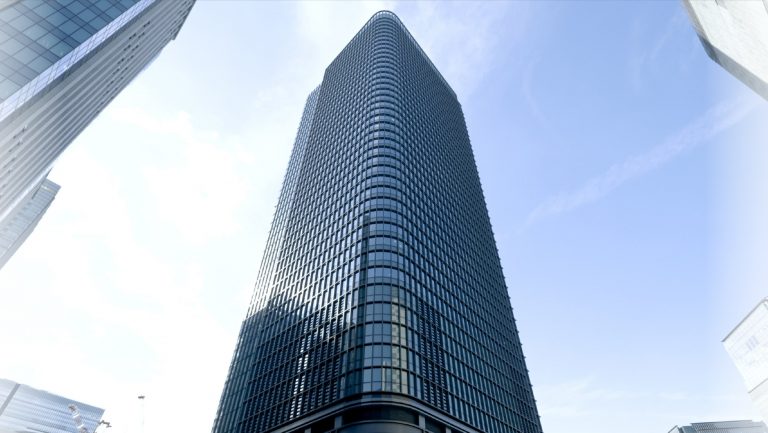
Oct 5, 2023
TOKYO TORCH is a new…
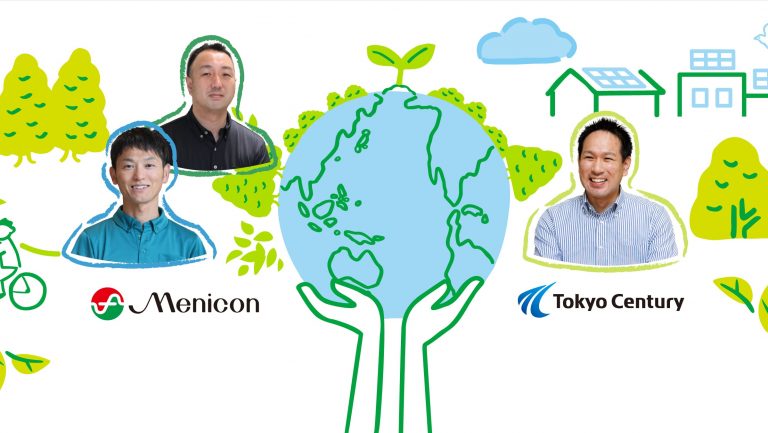
Aug 4, 2023
Tokyo Century launch…
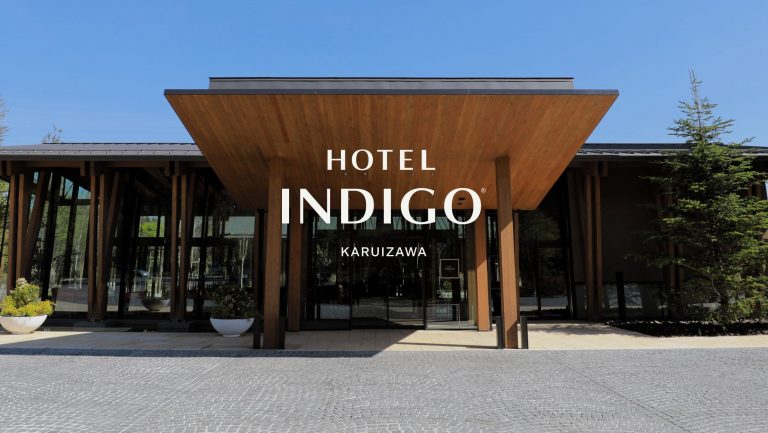
Jul 13, 2022
Hotel Indigo Karuiza…
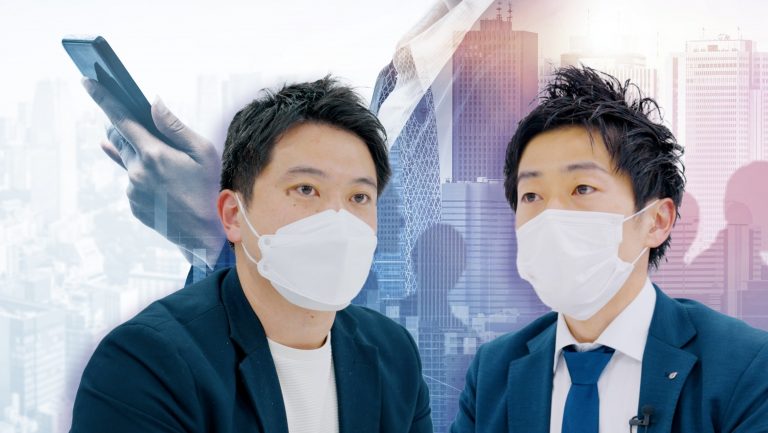
Mar 16, 2022
Smartphones and tabl…


